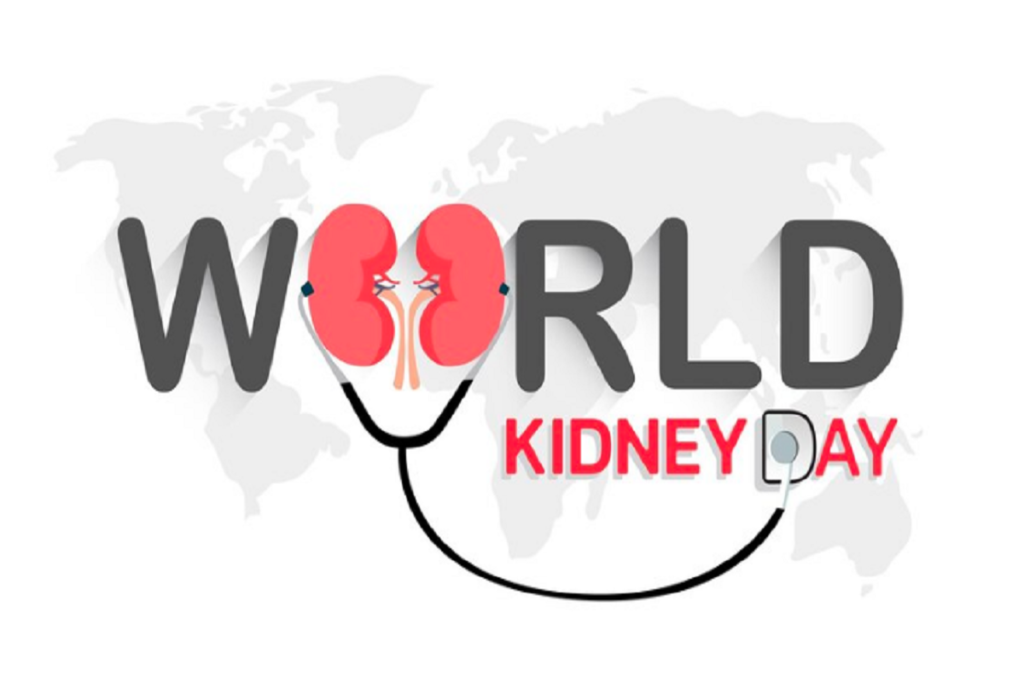
Table of Contents
- Introduction: Your Kidneys, the Unsung Heroes
- Why Hydration Matters for Kidney Health
- What Happens When You Don’t Drink Enough Water
- How Much Water Should You Actually Drink?
- Factors That Influence Your Hydration Needs
- Signs You Might Be Dehydrated
- Smart Hydration Tips for Everyday Life
- Special Considerations: Kidney Stones, Chronic Kidney Disease & More
- Final Takeaway: Small Sips, Big Impact
- Sources and Further Reading
1. Introduction: Your Kidneys, the Unsung Heroes
Tucked quietly in your lower back, your kidneys are two bean-shaped organs working 24/7 to keep you alive and well. They filter blood, remove waste, balance fluids, and regulate blood pressure — but they need one essential partner to do their job properly: water.
2. Why Hydration Matters for Kidney Health
Think of water as the fuel that keeps your kidneys running smoothly. When you’re well-hydrated, your kidneys can efficiently flush out toxins and waste through urine. It’s the most natural detox you’ll ever get — and it’s free.
Water helps:
- Prevent kidney stones by diluting minerals that could crystallize
- Maintain proper blood pressure and electrolyte balance
- Reduce the risk of urinary tract infections
- Support overall kidney function
3. What Happens When You Don’t Drink Enough Water
When water intake is too low, your kidneys have to work overtime. Waste and toxins build up, urine becomes more concentrated, and the risk of kidney damage increases.
Possible consequences include:
- Kidney stones
- Urinary tract infections (UTIs)
- Decreased kidney function over time
- Higher risk of chronic kidney disease
4. How Much Water Should You Actually Drink?
The classic “8 glasses a day” rule is a decent start, but hydration isn’t one-size-fits-all.
General Guidelines:
| Age Group | Recommended Water Intake (Approx.) |
| Adults (Men) | 3.7 liters/day (about 15 cups) |
| Adults (Women) | 2.7 liters/day (about 11 cups) |
| Children (9–13 years) | 1.6–2.1 liters/day |
| Teens (14–18 years) | 1.8–2.6 liters/day |
This includes water from all beverages and food sources (yes, even fruits and soups count).
5. Factors That Influence Your Hydration Needs
Your perfect water intake depends on more than just age and gender. Other factors include:
- Climate: Hot, dry weather increases your needs
- Physical Activity: Sweating calls for extra hydration
- Diet: High-protein or salty diets require more water
- Health Conditions: Fever, vomiting, kidney disorders, and pregnancy all affect fluid needs
6. Signs You Might Be Dehydrated
Your body gives clues when it’s running low on fluids:
- Dark yellow urine
- Fatigue and dizziness
- Dry mouth and skin
- Headaches
- Reduced urine output
If you’re noticing these signs regularly, it might be time to rethink your water habits.
7. Smart Hydration Tips for Everyday Life
Drinking water doesn’t have to be a chore. Here’s how to make it a natural part of your day:
- Start your morning with a glass of water
- Keep a reusable water bottle with you
- Flavor your water with lemon, mint, or cucumber
- Use hydration apps or set hourly reminders
- Eat water-rich foods like watermelon, cucumber, and oranges
8. Special Considerations: Kidney Stones, Chronic Kidney Disease & More
If you’re prone to kidney stones, drinking enough water can reduce recurrence. For those with chronic kidney disease (CKD), fluid intake must be carefully monitored — sometimes less is more. Always consult a nephrologist for personalized guidance.
9. Final Takeaway: Small Sips, Big Impact
Hydration isn’t just about quenching thirst — it’s a silent guardian of kidney health. By simply staying hydrated, you support your body’s natural detox system, prevent complications, and give your kidneys the care they deserve.
Water may not be glamorous, but it’s powerful. So raise your glass (of water) and toast to better kidney health.

